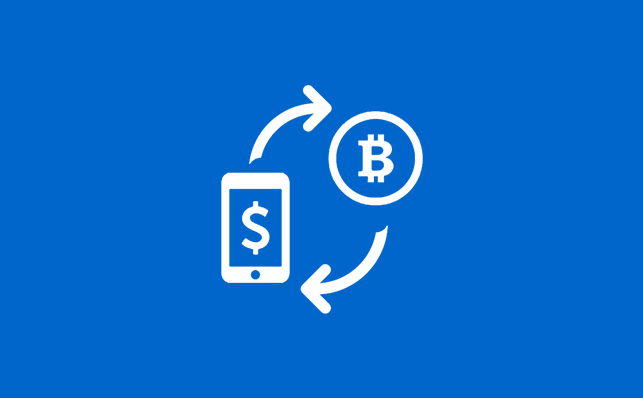
Golix, a cryptocurrency exchange based in Zimbabwe has launched plans to raise $32 million through a token sale. Golix, a fintech startup has been buying and selling of digital currencies among in Africa using payment channels, which are readily available to Africans like mobile money.
Golix is facilitating access to exchanges in Africa
In a statement, the company said that many people in Africa lack access to exchanges that accept their local fiat. It adds that it’s for this reason that it is working to enable more people to readily access digital currencies by establishing exchanges that accept local fiat throughout Africa. According to the Golix, the token sale will allow it to fund this idea.
The GLX token is an Ethereum ERC-20 token will be start selling on Monday 14 May 2018 on the company’s website. Interested buyers will use bitcoin (BTC) or ethereum (ETH) to purchase the token which is priced at $0.05612 per GLX token.
The exchange has been operational in Zimbabwe for 3 years and has a customer base of more 50,000 with a total trade volume of more than $20 million to date. The company will use the money raised in the token sale to expand the portfolio of its product offering.
The exchange is offering a total of 1.27 billion GLX tokens for sale and half of them will be available for sale during the token sale duration.
Zimbabwe Reserve Bank bans commercial banks from participating in crypto activities
The move comes just a few days after the Reserve Bank of Zimbabwe issued a notice warning against trading of crypytocurrencies in the country saying that virtual currencies were not regulated in the country. The country’s central bank, which has been known to hyperinflate the currency repeatedly, has gone ahead and banned commercial banks from processing transactions that are linked to digital currencies like bitcoin. The ban was announced by the bank’s governor John Mangudya. Mangudya did not however impose a ban on virtual currencies in the country.
In a circular sent to financial institutions, the regulator ordered commercial banks to give all information regarding their relationships with crypto-related companies in the next 60 days. In the circular, the regulator was very explicit on the nature of activities that it intends to ban henceforth. These services include trading with crypto firms and maintaining crypto accounts.




